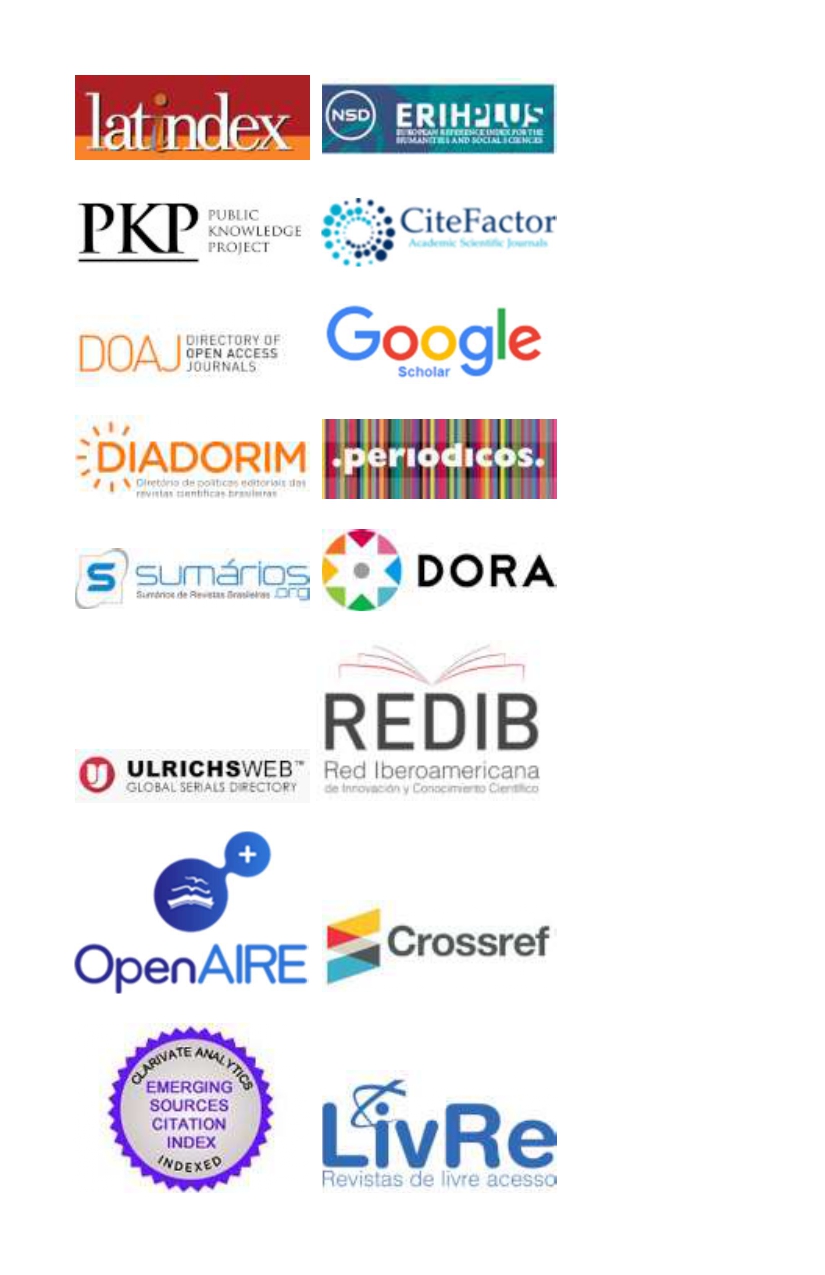“DE-CENTERING INSTITUTIONS AS OBJECTS OF STUDY”
Resumen
My travels through the vast field of socio-legal studies have not included time in the ‘law and development’ subfield, and so my comments here will not speak to Mariana Mota Prado and Michael Trebilcock’s contribution to that literature in their book, Institutional Bypasses. Instead I will speak from the perspective of sociolegal research on governance.
Descargas
Citas
Blomley, Nicholas, and Joel Bakan. 1992. “Spacing Out: Towards a Critical Geography of Law.” Osgoode Hall Law Journal 30 (3): 661–90.
Burchell, Graham, Colin Gordon, and Peter Miller. 1991. The Foucault Effect: Studies in Governmental Rationality. London: Pearson Higher Education.
Callon, Michel, and Bruno Latour. 1981. “Unscrewing the Big Leviathan; or How Actors Macrostructure Reality, and How Sociologists Help Them To Do So?” In Advances in Social Theory and Methodology: Toward an Integration of Micro- and Macro-Sociologies, edited by Karin Knorr-Cetina and Aaron Victor Cicourel, 277–303. London: Routledge.
Cooper, Davina. 1998. Governing out of Order: Space, Law and the Politics of Belonging. London: Rivers Oram Press.
Custos, Dominique, and John Reitz. 2010. “Public-Private Partnerships.” The American Journal of Comparative Law 58: 555–84.
Farías, Ignacio, and Thomas Bender. 2012. Urban Assemblages: How Actor-Network Theory Changes Urban Studies. London: Routledge.
Flynn, Alexandra, and Mariana Valverde. 2019. “Planning on the Waterfront: Setting the Agenda for Toronto’s ‘Smart City’ Project.” Planning Theory & Practice 20 (5): 769–75.
Foucault, Michel. 1995. Discipline and Punish: The Birth of the Prison. New York, NY: Vintage Books.
———. 2003. “Society Must Be Defended”: Lectures at the Collège de France, 1975-1976. London: Allen Lane.
———. 2007. Security, Territory, Population: Lectures at the College De France, 1977 - 78. New York: Springer.
———. 2010. The Birth of Biopolitics: Lectures at the Collège de France, 1978--1979. New York: Palgrave Macmillan.
Freeman, Jody. 2000. “The Contracting State.” Florida State University Law Review 28 (1).
Goffman, Erving. 1961. Asylums: Essays on the Social Situation of Mental Patients and Other Inmates. Garden City, NY: Anchor Books.
Hodge, Graeme A. 2004. “The Risky Business of Public–Private Partnerships.” Australian Journal of Public Administration 63 (4): 37–49.
Latour, Bruno. 2007. Reassembling the Social: An Introduction to Actor-Network-Theory. Clarendon Lectures in Management Studies. Oxford: Oxford University Press.
Law, John. 1986. Power, Action, and Belief: A New Sociology of Knowledge? London: Routledge.
Mawani, Renisa. 2010. Colonial Proximities: Crossracial Encounters and Juridical Truths in British Columbia, 1871-1921. Vancouver: UBC Press.
Power, Michael. 1999. The Audit Society: Rituals of Verification. Oxford: Oxford University Press.
Sagalyn, Lynne B. 2007. “Public/Private Development.” Journal of the American Planning Association 73 (1): 7–22.
Siemiatycki, Matti. 2009. “Delivering Transportation Infrastructure Through Public-Private Partnerships: Planning Concerns.” Journal of the American Planning Association 76 (1): 43–58.
Spivak, Gayatri. 2013. The Spivak Reader: Selected Works of Gayati Chakravorty Spivak. New York: Routledge.
Strathern, Marilyn. 2003. Audit Cultures: Anthropological Studies in Accountability, Ethics and the Academy. New York: Routledge.
Valverde, Mariana. 2012. Everyday Law on the Street: City Governance in an Age of Diversity. The Chicago Series in Law and Society. Chicago: The University of Chicago Press.
———. 2016. “Ad Hoc Governance: Public Authorities and North American Local Infrastructure in Historical Perspective.” In Governing Practices: Neoliberalism, Governmentality, and the Ethnographic Imaginary, edited by Michelle Brady and Randy K. Lippert. Toronto: University of Toronto Press.
Valverde, Mariana, and Aaron Moore. 2019. “The Performance of Transparency in Public–Private Infrastructure Project Governance: The Politics of Documentary Practices.” Urban Studies 56 (4): 689–704.
Descargas
Publicado
Cómo citar
Número
Sección
Licencia
Autores que publicam nesta revista concordam com os seguintes termos:
- Autores mantém os direitos autorais e concedem à revista o direito de primeira publicação, com o trabalho simultaneamente licenciado sob a Licença Creative Commons Attribution que permite o compartilhamento do trabalho com reconhecimento da autoria e publicação inicial nesta revista.
- Autores têm autorização para assumir contratos adicionais separadamente, para distribuição não-exclusiva da versão do trabalho publicada nesta revista (ex.: publicar em repositório institucional ou como capítulo de livro), com reconhecimento de autoria e publicação inicial nesta revista.
- Autores têm permissão e são estimulados a publicar e distribuir seu trabalho online após a publicação na revista.






